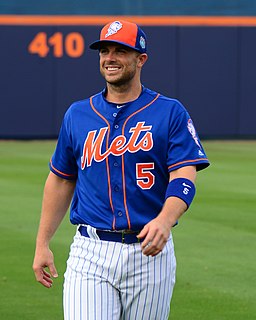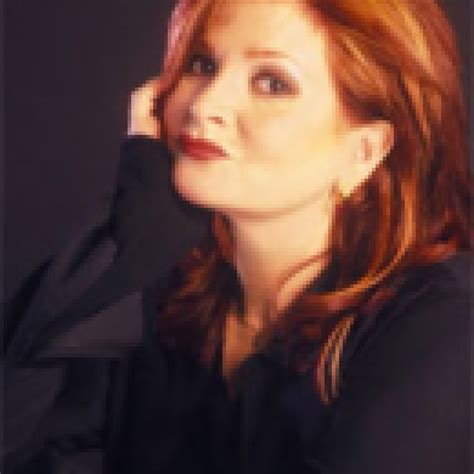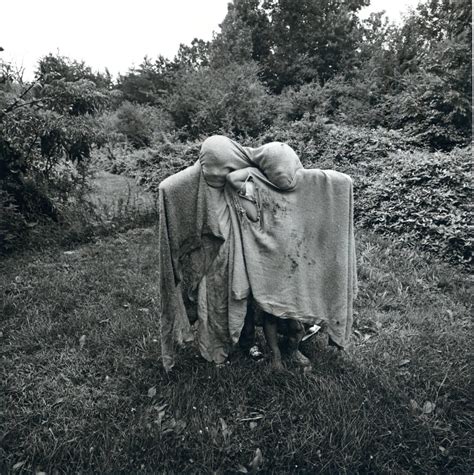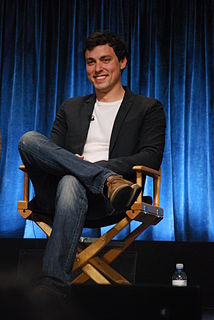A Quote by Ta-Nehisi Coates
I would say as a journalist, I would envision travelling to other countries that have had to reckon with their past and see how they've done it: what worked, what didn't work, finding characters that would tell the story of how that process was done.
Related Quotes
When it’s all said and done, I want to be able to say I got the most out of my potential. I don’t want to look back, however many years from now, and say, ‘I wonder if I would have worked a little harder. I wonder if I would have done this or done that, how things would have turned out.’ I want to, when it’s all said and done, be able to put my head on my pillow and say, ‘I did everything I could do — good or bad.’
If I could give you information of my life it would be to show how a woman of very ordinary ability has been led by God in strange and unaccustomed paths to do in His service what He has done in her. And if I could tell you all, you would see how God has done all, and I nothing. I have worked hard, very hard, that is all; and I have never refused God anything.
If I had a daughter, I would tell her certain things. I would tell her that it’s great to be smart, really smart - that being smart makes you strong. I would tell her that emotions are powerful, so don’t be afraid to show them. I would tell her that some people may judge you on how you look or what you wear - that’s just how it is - but you should keep your focus on what you say and do. I would tell her that she may see the world differently from boys, and that difference is essential and good.
I've always wondered what it would be like if the Messiah, or Christ Returned, were actually alive and living in our society; who would that person be, how we would identify them, how would they live and what would they believe in, how would society react to them? I decided to try and tell my idea of that story.
I had worked for a lot of directors whose work I didn't respect, and as I was editing material, I was thinking about how I would have shot the scenes and what I would have done to make the scenes better. After several years of that, I got to the point that I was pretty confident I could sit in the director's chair.
I was thinking about framing, and how so much of what we think about our lives and our personal histories revolves around how we frame it. The lens we see it through, or the way we tell our own stories. We mythologize ourselves. So I was thinking about Persephone's story, and how different it would be if you told it only from the perspective of Hades. Same story, but it would probably be unrecognizable. Demeter's would be about loss and devastation. Hades's would be about love.
Werner Herzog, I knew him for so many years, when Fassbinder was at his highest moment. But we had a rule: An actor from Fassbinder could never work with an actor of Werner Herzog or Wim Wenders. Because if we would have done that, we would have been spies. "Ah, you worked with Werner - how was it? How did he direct you?" I was Fassbinder's actor.
Werner Herzog, I knew him for so many years, when Fassbinder was at his highest moment. But we had a rule: An actor from Fassbinder could never work with an actor of Werner Herzog or Wim Wenders. Because if we would have done that, we would have been spies. 'Ah, you worked with Werner - how was it? How did he direct you?' I was Fassbinder's actor.
Another thing that makes the process different is we go in there and are completely immersed in [that] world for however many weeks and then we would leave and they would be animating for however many weeks and we wouldn't have anything to do with it. Then we would come back and see all this work that they had done. So it just took a lot more time than it would on anything else.































